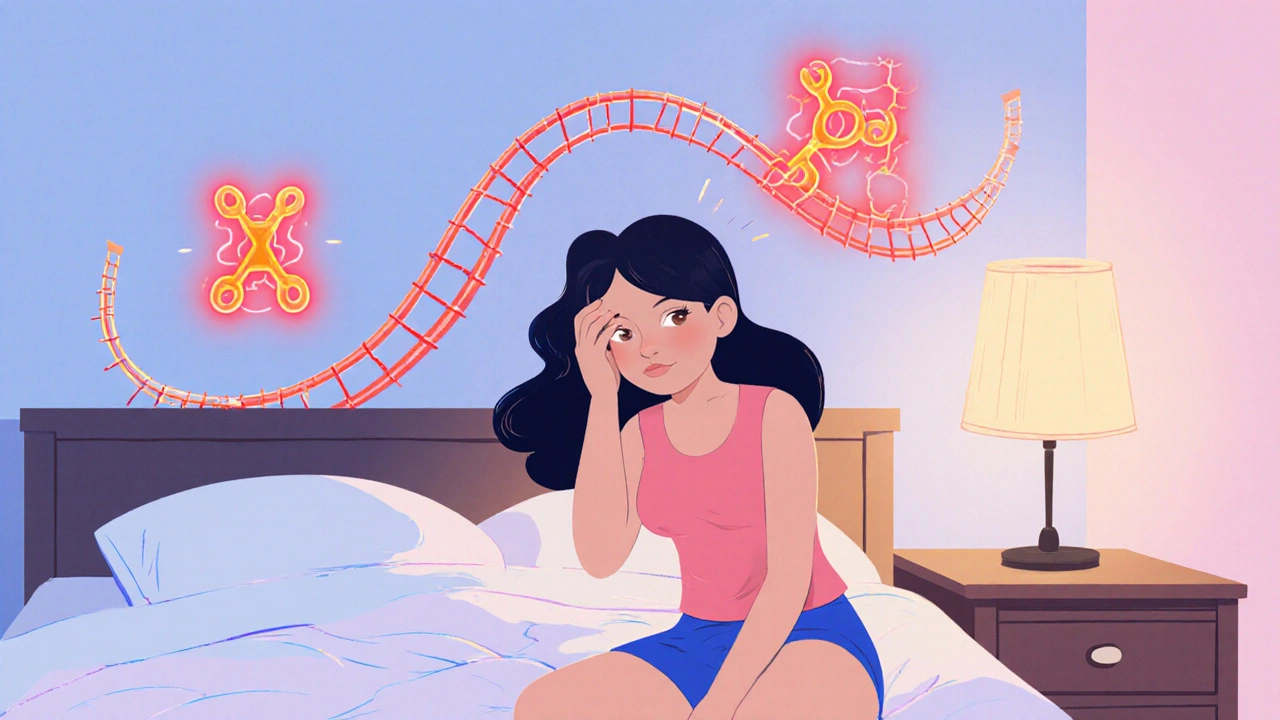When hormonal migraines, migraines triggered by changes in estrogen levels, often around menstruation, ovulation, or menopause. Also known as estrogen migraines, they affect nearly 60% of women who get migraines and aren’t just bad headaches—they can shut down your week. Unlike regular migraines, hormonal ones follow your cycle, making them predictable but hard to escape. If you’ve tried painkillers that barely help or felt like your body’s betraying you every month, you’re not alone.
What makes hormonal migraines different is their link to estrogen, the primary female sex hormone that drops sharply just before your period. That dip isn’t just about mood swings—it triggers inflammation in brain blood vessels and sets off the migraine cascade. That’s why some women get migraines only during their period, while others get them during pregnancy or after menopause when hormone levels swing wildly. Migraine triggers, like stress, sleep loss, or certain foods, can make hormonal migraines worse, but the root cause is still the hormone shift. You can’t stop your hormones, but you can control how your body reacts.
There are two main paths to relief: prevention and acute treatment. For prevention, some women find steady hormone levels help—think birth control pills with consistent estrogen doses or hormone patches. Others turn to natural fixes like magnesium supplements, which studies show can reduce frequency by up to 40%. For quick relief, NSAIDs like ibuprofen taken a few days before your period often work better than waiting until the pain hits. If those don’t cut it, triptans or CGRP inhibitors might be options your doctor can suggest. The key is timing—start treatment before the hormone drop, not after the headache starts.
What you’ll find below are real, practical guides from people who’ve been there. We’ve pulled together comparisons of pain relievers that actually work for hormonal migraines, tips on managing triggers without drugs, and how to talk to your doctor about long-term strategies. No fluff. No theory. Just what helps—and what doesn’t.
Posted by
Jenny Garner
11 Comments

Explore how drospirenone, a synthetic progestin in oral contraceptives, can lower the frequency and intensity of menstrual migraines, backed by clinical studies and practical guidance.
read more